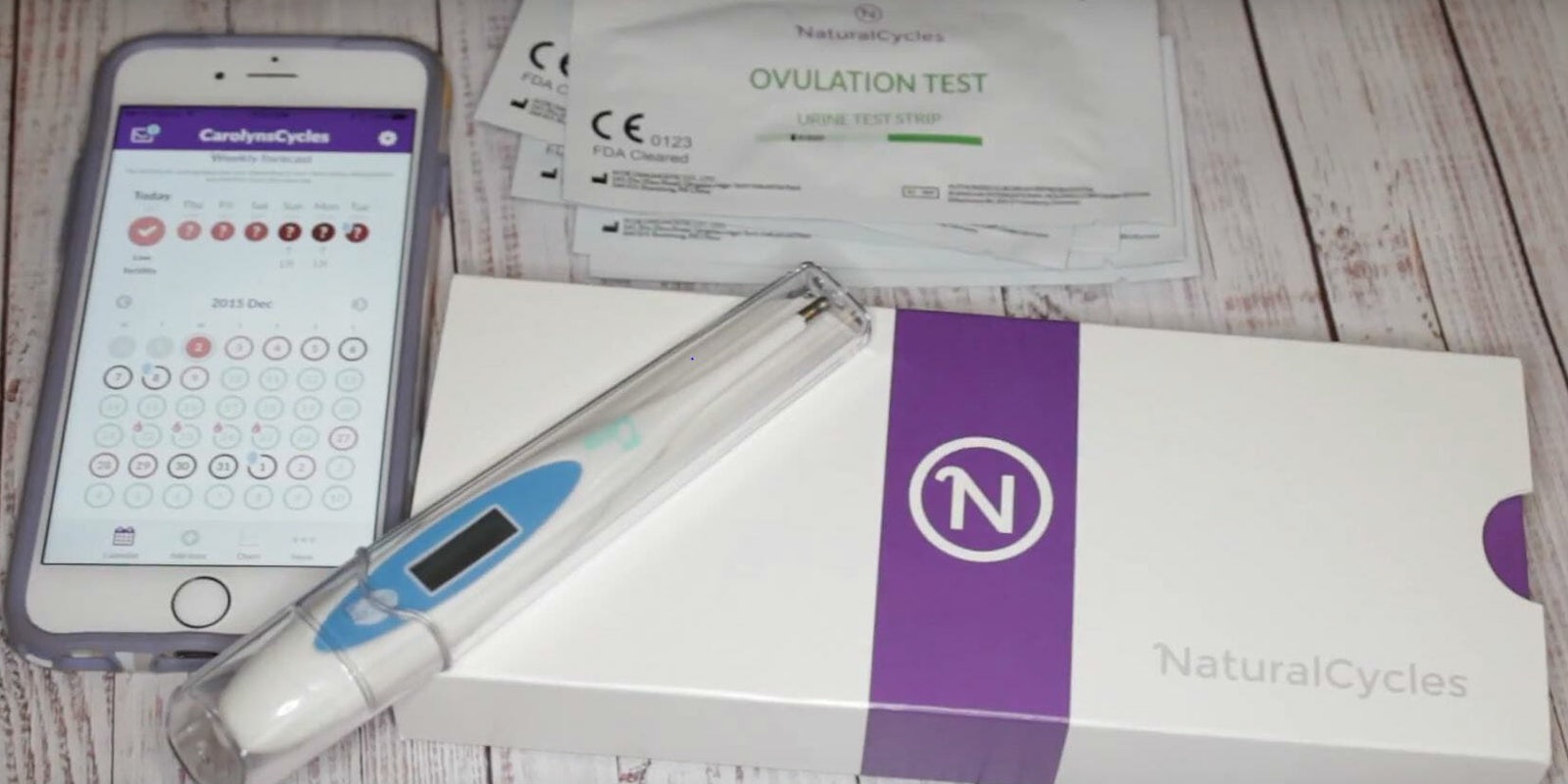The popular Swedish smartphone app Natural Cycle, which is advertised to prevent pregnancy, was reported to a medical regulator after a hospital linked it to 37 unwanted pregnancies. The Swedish Medical Products Agency (a group that regulates medical devices) will review the app to determine whether it can continue to be used without restriction in the country.
A study run by Södersjukhuset hospital in Stockholm found 37 of 668 women who used the app sought abortions for the last four months of 2017. Natural Cycle is currently certified in Europe and is only intended for fertility monitoring—not contraception—in the U.S. However, it recently raised $30 million to expand its North American presence and gain FDA approval as a contraceptive. These latest findings could be a major setback toward that goal.
Natural Cycle said in a statement that the recent discoveries fall in line with the app’s predicted effectiveness.
“To have 37 unwanted pregnancies out of the 668 mentioned in this study at Södersjukhuset means that 5.5 percent of women who stated they used Natural Cycles also had an unwanted pregnancy,” the company said. “This is in line with what we communicate as the risk of unwanted pregnancy with typical use, and which is comparable to other types of contraception.”
Like every form of birth control, Natural Cycle comes with a warning about the potential for getting pregnant. That bit of critical information is hidden in the app’s description page: “Backed by clinical research it has been shown to be 99% effective in perfect use and 93% effective in typical use.”
Those figures make Natural Cycle more effective than condoms and about as effective as birth control pills. The app’s other selling points are that it doesn’t come with the same side effects (mood swings, nausea, headaches) as traditional contraceptive methods and costs much less at $9.99 a month (or a yearly fee of $79.99).
More than 500,000 women, including more than 125,000 in the U.K., use the app. It collects a woman’s body temperature in the morning to determine her hormone levels and combines it with other information—sperm survival, temperature fluctuations, and cycle irregularities—to create an algorithm that decides when she should and shouldn’t have sex.
Every day, the app provides an alert with a color: Red means use extra protection, and green means it’s safe to have unprotected sex. It’s accurate enough to alert women when they may be pregnant and has reportedly predicted miscarriages.
It’s not clear why the women in the study became pregnant. It’s possible they had sex on a red day or failed to accurately input the correct temperatures on a regular basis. Regardless, the company insists that overall it will “decrease the unwanted pregnancy rates” by giving women more contraceptive options.
“There is already a fear of hormones and if doctors or the general media add a fear of new types of certified contraception, which are clinically proven to be effective, there is really not much left to choose from,” a spokesperson told the Evening Standard.
H/T Engadget


